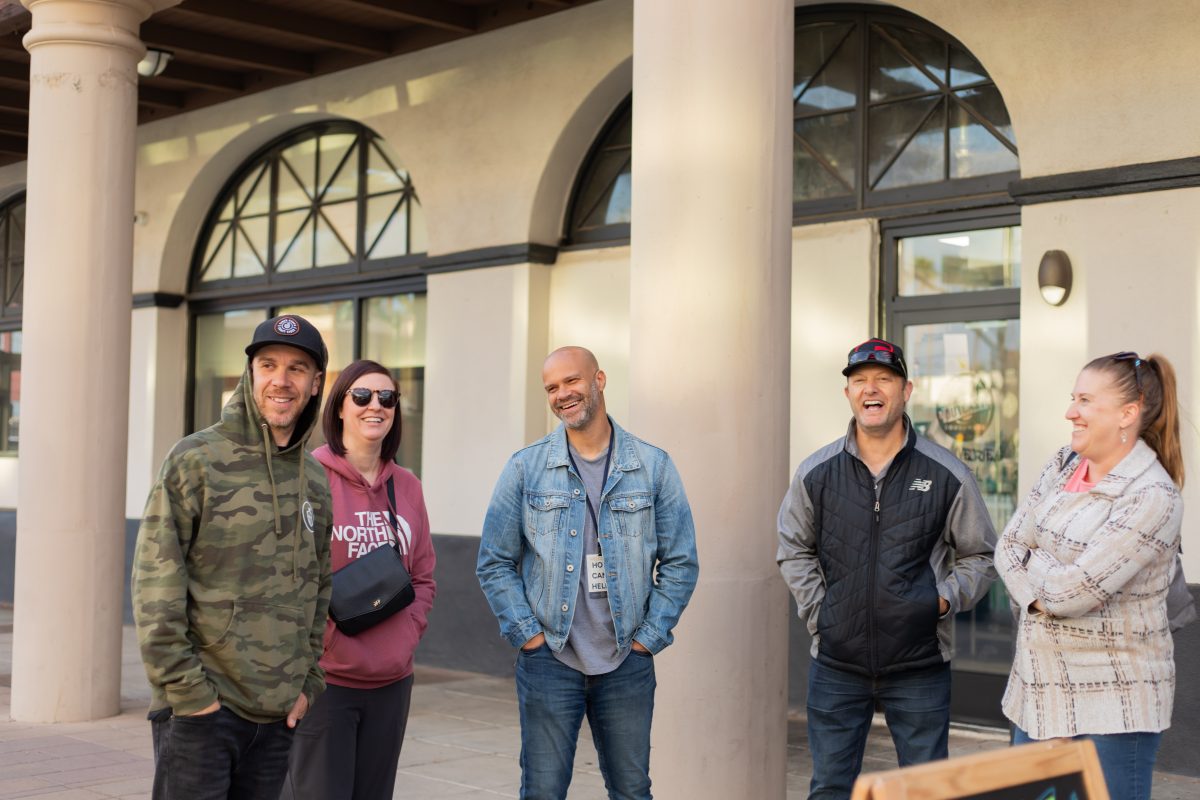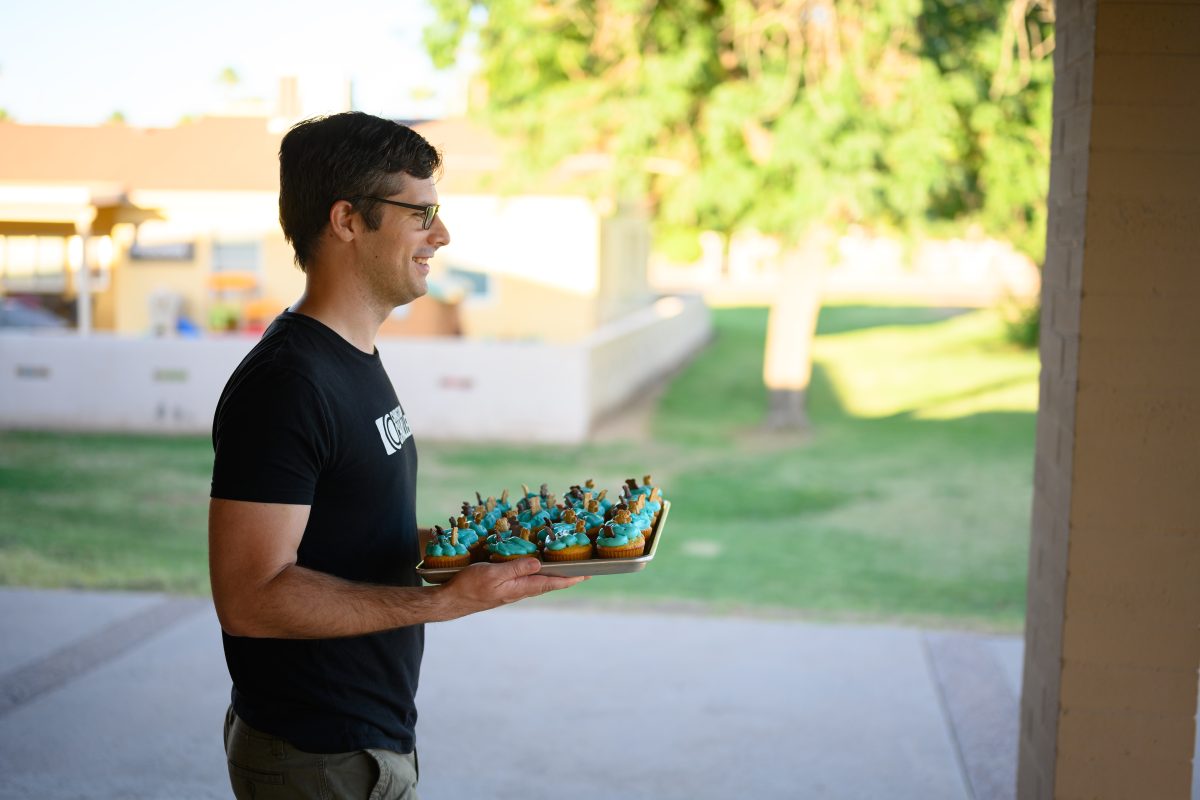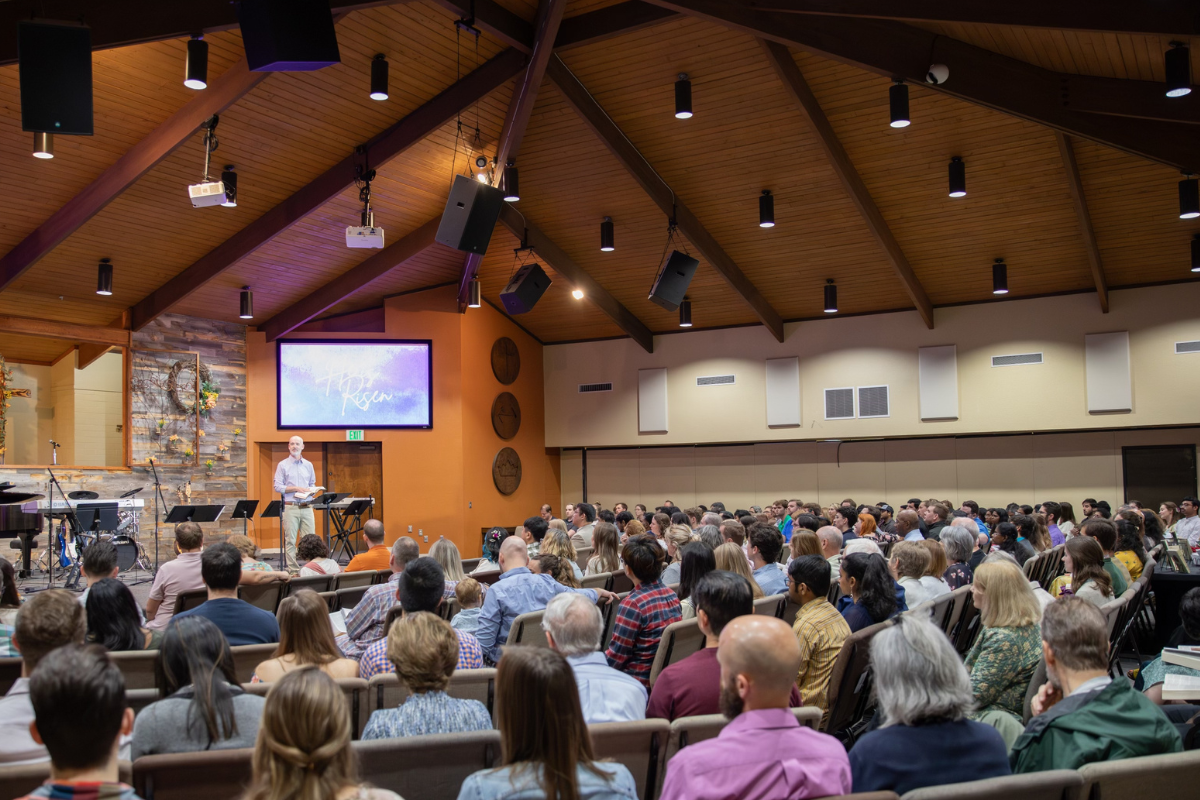Christianity is intensely relational. First, God invites us into the Trinitarian community of the Father, Son, and Spirit. And then he commands us to live out Trinitarian level unity and commitment towards each other. Mentoring in this kind of supernatural life is essential (Titus 2). Frankly, discipleship in the Christian life without personal mentoring is like trying to run a marathon with your legs tied together. It’s not pretty and nearly impossible to run the race well!
Some of my best friends and mentors are dead dudes. Before you assume I’ve lost my mind on my first sabbatical, hear me out. It is possible to be taught quite well how to follow Christ through the writings of believers and about believers who have gone before us. In fact, dead dudes may reveal essential missing ingredients in the life of faith precisely because they are not caught up in modern fads that will invariably not stand the test of time. These Hebrews 11 like models of faith may serve as clouds of witnesses, encouraging us in ways living mentors may not. Dead dudes still speak: listen well!
With this in mind let me introduce you to my newest mentor – J.C. Ryle. Prior to my sabbatical, Ryle was just a name. I knew nothing about him save that he was a British pastor (incidentally, I wonder if Baxter’s carriage would have had the bumper sticker ‘Baxter for Brexit’). Allow me to share only a few things about him and encourage you to read a few of his many writings available online for free.
 J.C. Ryle was born 200 years ago into a wealthy British family. As a child of privilege and intelligence, he shined as a student at Oxford. But listen to how he thought of it, “I never saw such an amount of toadying, flattering, and fawning upon wealth, and title, as I saw amongst the undergraduates at Oxford. It thoroughly revolted me…”[1] Ryle would have much preferred a setting like Church on Mill and ASU where class matters little if at all. Although he grew up in what was considered a ‘Christian’ home and went to church, he would later state:
J.C. Ryle was born 200 years ago into a wealthy British family. As a child of privilege and intelligence, he shined as a student at Oxford. But listen to how he thought of it, “I never saw such an amount of toadying, flattering, and fawning upon wealth, and title, as I saw amongst the undergraduates at Oxford. It thoroughly revolted me…”[1] Ryle would have much preferred a setting like Church on Mill and ASU where class matters little if at all. Although he grew up in what was considered a ‘Christian’ home and went to church, he would later state:
“The plain truth is, that for the first 16 or 17 years of my life, there was no ministry of the gospel at the Churches we attended…The clergymen were wretched high and dry sticks of the old school, and their preaching was not calculated to do good to anybody…We had no real religious friends or relatives and no real Christian ever visited our house.”[2]
By God’s grace, Ryle became a Christian in college. Through a terrible sickness he was brought to the end of himself. Christ rescued Ryle in the middle of his greatest time of weakness. Friends, God never wastes suffering! After graduation J.C. went home greatly desiring to share the gospel with his friends and family, but he found many of them – particularly his father – to be uninterested. Those of you with unbelieving family will identify with his description of family life after conversion to Christ, “…it caused great uncomfortableness in my own family, and made my position very unpleasant indeed…It made an awkwardness, and uncomfortableness, and an insensible kind of estrangement which no one can comprehend but those who have gone through it.”[3]
Ryle would eventually become a pastor, theologian, and pastor-to-pastors. His ministry spanned many decades as he held strong to biblical Christianity in a time of tremendous liberal onslaught in the Church. His prolific writings still speak today; here’s one example, “Submission to God’s will is perfectly compatible with intense and keen suffering under the chastisement of that will.”[4] Over the last month Ryle has encouraged me to pray more, suffer well, and stay faithful to the Bible regardless the cost.
There’s much more I’d love to share with you about J.C., but for now let’s return to his experience of feeling alienated from his family because he was no longer alienated from God. Brothers and sisters, know the pain you feel from being ostracized by unbelieving family members is real. Real peace with God may have put hostility between you and those you love. That can and ought to hurt. Jesus understands, “…not even his brothers believed in him” (John 7:5). How did Jesus handle that? Consider his new family and consider his shocking promise. First, consider Jesus’ new family, “And his mother and his brothers came, and standing outside they sent to him and called him. 32 And a crowd was sitting around him, and they said to him, “Your mother and your brothers are outside, seeking you.” 33 And he answered them, “Who are my mother and my brothers?” 34 And looking about at those who sat around him, he said, “Here are my mother and my brothers! 35 For whoever does the will of God, he is my brother and sister and mother” (Mark 3:31-35). Second, consider Jesus’ staggering promise, “Truly, I say to you, in the new world, when the Son of Man will sit on his glorious throne, you who have followed me will also sit on twelve thrones, judging the twelve tribes of Israel. 29 And everyone who has left houses or brothers or sisters or father or mother or children or lands, for my name’s sake, will receive a hundredfold and will inherit eternal life. 30 But many who are first will be last, and the last first” (Matthew 19:28-30).
Follow Ryle’s example: keep working hard to bring the gospel home, but know that you are not family-less. God has adopted you into his family, experienced powerfully in our church family. We are a diverse band of brothers and sisters living for our Savior together. Though, unfortunately, we might lose harmony with some biological family members, we gain a new family bound not by biological DNA but by the shed blood of Jesus Christ. I look forward to being back with you, my family, very soon!
Love,
Pastor Chuck
[1] J.C. Ryle, quoted in Iain H. Murry, J.C. Ryle: Prepared to Stand Alone, 2016; 16.
[2] Ibid., 18.
[3] Ibid., 39.
[4] Ibid., 56.





